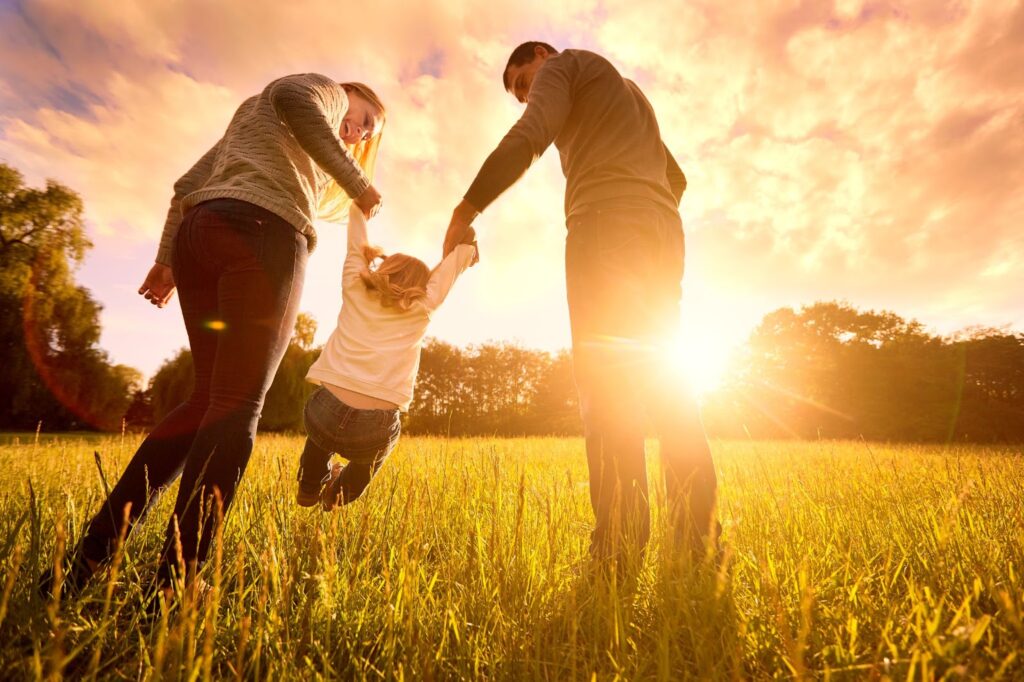Domestic Violence and Its Effects on Children by John Jezzini
By Mary Smith
Domestic Violence and Its Effects by John Jezzini
John Jezzini Said: Many kids who are exposed to domestic violence also experience physical abuse. Children who experience or witness domestic abuse run a severe risk of developing long-term physical and mental health issues. Children who see their parents fighting may also be more likely to use violence in their relationships in the future. Being abused as a parent might make it challenging to know how to keep your kid safe. In this interview with John Jezzini, We will be looking at the effect of Violence or abuse on Children that affect young children’s education and otherwise.
Q: John Jezzini, What are the immediate consequences of domestic violence or abuse of children?
A: Children who live in households where one parent is mistreated may experience dread and anxiety. They may always be on watch, wondering when the next violent occurrence will occur. Depending on their age, this might lead children to respond in a variety of ways:
- Preschool children Young children who experience intimate partner abuse may revert to childhood behaviors such as bedwetting, thumb-sucking, increased weeping, and whining. They may also have difficulties sleeping or staying asleep, exhibit terror-like behaviors such as stuttering or hiding, and exhibit acute separation anxiety.
- Children of elementary school Children in this age group may feel guilty and blame themselves for the maltreatment. Domestic violence and abuse harm children’s self-esteem. They may not engage in school activities or get excellent marks, have fewer friends than others, and are more likely to get into trouble. They may also get a lot of headaches and stomachaches.
- Teens. Teens who experience abuse may exhibit bad behaviors such as arguing with family members or skipping school. They may also participate in dangerous activities such as unprotected sex and drug or alcohol use. They may have poor self-esteem and find it difficult to make friends. They are more inclined to instigate fights or bully others, and they are more likely to get into difficulty with the authorities. This conduct is more frequent in adolescent guys who have been mistreated as children than in adolescent girls. Girls are mostly more prone than boys to be introverted and depressed.
Q: What long-term impact does domestic violence or abuse have on children?
A: Domestic abuse has occurred at least once in households of over 15 million children across the United States. These youngsters are likelier to repeat the pattern as adults, either by joining abusive relationships or being abusers. For example, a teenager who witnesses his mother being mistreated is ten times more likely to harm his female spouse as an adult.
As adults, children who have witnessed or are victims of physical, emotional, or sexual abuse are most likely to develop health issues. These may include mental health issues, including despair and anxiety. Diabetes, heart disease, low self-esteem, and other issues may also be present.
Q: John Jezzini, do you think children can heal from being witnesses to or victims of domestic violence or abuse?
A: Each …read more
Source:: Social Media Explorer






